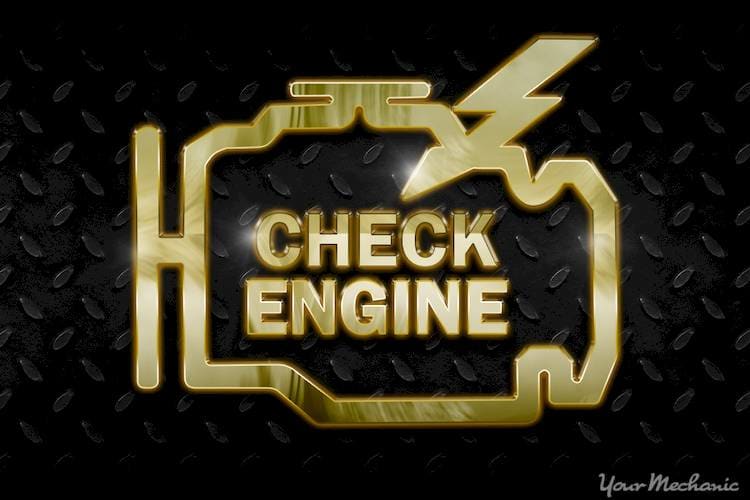P2300 code definition
The P2300 trouble code detects an issue with the primary or secondary control circuit in coil A.
What the P2300 code means
The P2300 code is a generic OBD-II trouble code that signals a problem with the primary or secondary control circuit in ignition coil A, and potentially other ignition coils. The ignition coils are connected to the engine, and utilize a small spark plug wire to ignite the engine. The powertrain control module (PCM) controls each coil electronically, which ensures that ignition occurs optimally. Battery voltage is sent to the ignition coil, which triggers the ignition spark which leads to proper engine ignition timing. When the voltage in the ignition coil circuit varies from the manufacturer’s settings by at least 10 percent, then the P2300 trouble code will be detected.
What causes the P2300 code?
There are a few common causes of the P2300 trouble code:
What are the symptoms of the P2300 code?
When the P2300 trouble code is detected, there will likely be a check engine soon Warning Light on the vehicle’s dashboard. The car also may experience diminished engine performance, and may have rough acceleration and constant misfires during idling. The fuel injector in the specific cylinder that is affected may be shut off as well.
How does a mechanic diagnose the P2300 code?
The P2300 code should be diagnosed with the assistance of a standard OBD-II trouble code scanner. A reputable mechanic will use the scanner to assess the freeze frame data, which the technician can then use to examine the P2300 code, and search for more trouble codes. The trouble codes should then be reset and the vehicle restarted, to see if the codes persist. If the P2300 code does not return, it was triggered erroneously or the issue is intermittent.
If the P2300 code returns after being reset, then the mechanic should Inspect the wires and connectors associated with the ignition coils, searching for damage, corrosion, and any other issues. The mechanic will then inspect the ignition coils themselves, disconnecting and reconnecting them, and looking for visual signs of damage.
After any problems have been found and replaced, the codes should be reset again to make sure that the ignition issue has been resolved. If the issue is not resolved, or no problems were found, then larger issues such as the PCM should be examined.
Common mistakes when diagnosing the P2300 code
The most frequent mistake made when diagnosing the P2300 code is a failure to properly follow the OBD-II trouble code diagnosis protocol. All steps of the protocol should be followed in order, to avoid misdiagnosis, and to have the most efficient diagnosis and repair possible.
A common misdiagnosis comes from assuming that the engine simply needs a general inspection and tune up, rather than an actual ignition coil inspection.
How serious is the P2300 code?
The P2300 trouble code is unlikely to render a car unfit to drive. However, there will be drivability issues due to the likely misfiring, and the driver will likely experience choppy acceleration. While the P2300 code does not signal a severe issue, vehicles with this code detected should be inspected as soon as possible.
What repairs can fix the P2300 code?
Some repairs for the P2300 code include:
Even though the P2300 code detects a problem with coil A, all ignition coils should be inspected upon diagnosis.
The P2300 trouble code is often accompanied by other ignition coil codes, as well as misfire codes.
Not all vehicles have a coil on plug system, but nearly all OBD-II cars do.
Need help with a P2300 code?
YourMechanic offers certified mobile mechanics who will come to your home or office to diagnose and repair your vehicle. Get a quote and book an appointment online or speak to a service advisor at 1-800-701-6230.
Check Engine Light
trouble codes
P2300





